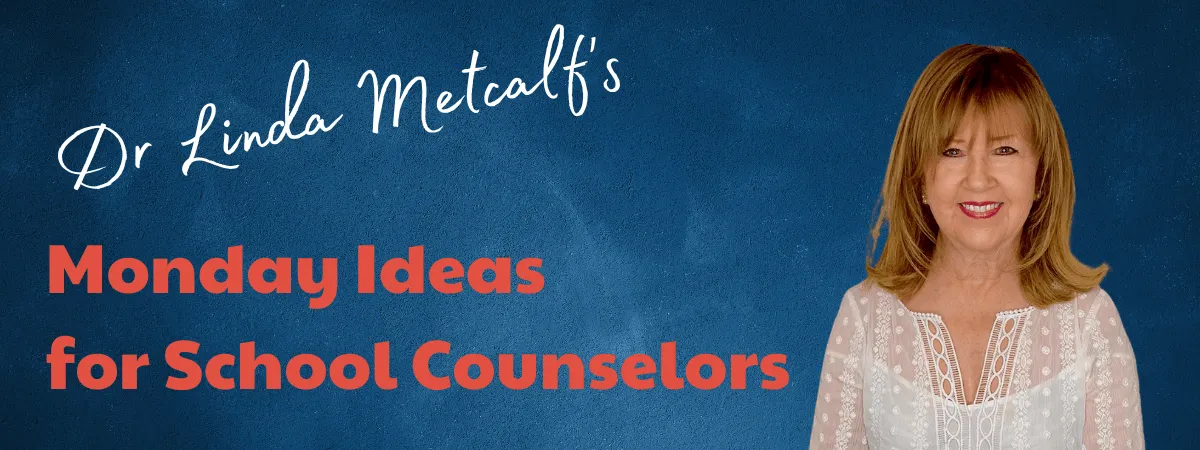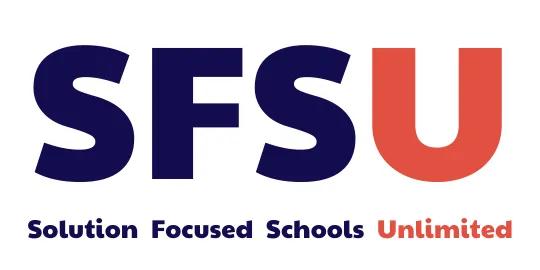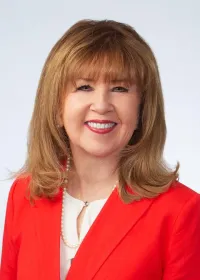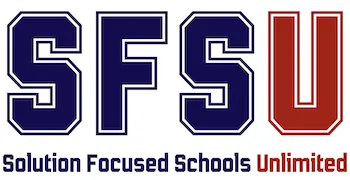
Monday Ideas for School Counselors
Weekly articles for school counselors with ideas on how to resolve typical school situations with students, teachers and parents using the solution focused approach.

Got Overwhelm? Try Peer Power.
In a recent survey we sent out from SFSU, several responses indicated that many of you are feeling overwhelmed and unable to fully function as a counselor. I remember those days—being a school counselor with lots of referrals, many of which seemed similar. Finding a way to take care of them, one at a time, became a challenge.
One day, a teacher referred a student who had real difficulties getting along with others. She even suggested that I teach him social skills so that other students would like him. I was concerned that pointing out what was wrong with him would be shaming. As a systemic thinker, I believe behaviors are formed through interactions, so I decided to do something a little more... solution-focused.
With this student in mind, I let our teachers know that I was going to start a small group for students struggling with getting along with others. Soon, I had five students. Then, I asked teachers to recommend students who seemed to get along well with others, and three were recommended. My idea was to see if the struggling students could commingle and learn from those who were more skilled socially.
From the beginning, for the next few weeks, I used the three steps of the solution-focused process without ever talking about social skills. No problem talk was allowed. The first few sessions went like this:
“Tell me, how would each of you like things to be here at school if you had your way?” I wrote everyone’s wishes on a board for all to see.
“Let’s imagine that your ideas begin to come true over the next few weeks. What might we all see you do? What would others see you do? What would your teachers see and even like?”
“Tell us about times when each of you has done some of these things on a small scale, whether at home, in your neighborhood, or here at school. What did you do? Who did you do it with? Who was happiest about what you did?”
I wrote down all their ideas in three columns and left it there during the following weeks. I added a scaling question, so we could all see how everyone improved.
The conversations were uplifting, and it was surprising how even the recommended students had their own wishes. Together, for about six weeks, we met once a week. At the end of each session, everyone shared something they liked about each person in the group. That seemed to be everyone’s favorite part. When I saw the identified student, around whom I built the group, smiling and sharing what he liked, I saw a change in him. I made sure that his teacher knew that the compliments he received made a difference for him.
I used this same idea for groups in middle and high schools, always avoiding problem talk and focusing on competency.
By now, you probably know some of the students who will need you the most this year. Consider creating a group for them and let the group do the work for you. You may be surprised how suggestions from peers go down a bit easier than those from us adults! And you might find some time to sit back and work a little less.

Practical tools and strategies for school counselors to help students achieve their goals
Practical tools and strategies for school counselors to help students achieve their goals
© 2025 Solution Focused Schools Unlimited LLC


